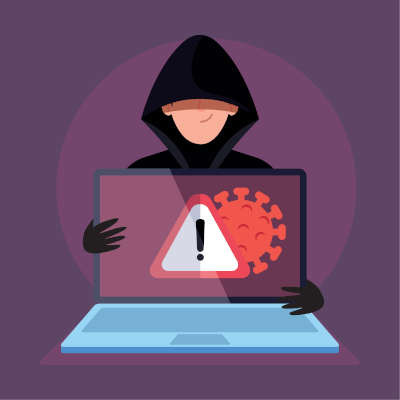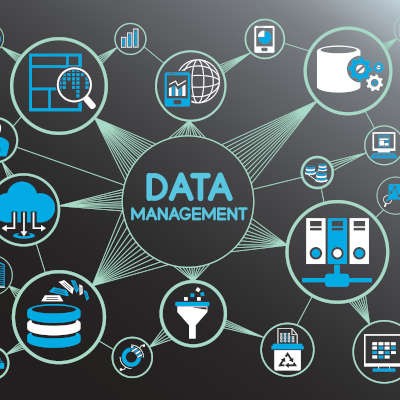JS Business Solutions Blog
As this “longest year ever” draws to a close, we want to take a minute to remind everyone to stay vigilant and aware of any potential cybersecurity risks. With the country focused on the ongoing pandemic and the recent election, we’re a more attractive target than ever to those who would exploit these events for their own gains.
We haven’t exactly been shy about sharing our recommendation that a ransomware demand should never be met with payment, but there is now an even more impactful reason not to. This deterrent comes courtesy of the United States Treasury Department, which has released a statement informing businesses of potential fines as retribution for doing so.
With just shy of a month before the 2020 United States Election, there has been quite a bit of concern over the idea that external interests may try to sway the results—and it seems for good reason. Only recently, Microsoft interrupted a massive coordinated hacking plot that could have altered the very infrastructure needed to support a fair election. Let’s examine this plot, and what Microsoft did, in some more detail.
One of the most valuable things for a business to know, in terms of its cybersecurity, is how vulnerable it is to breaches and exploits. This kind of information can be gathered via a process called penetration testing, or “pen testing.” Let’s go over how the average pen test is conducted to see how these insights are collected.
I want you to step out of your role as a business owner for a moment and see yourself once again as the average consumer. How concerned are you that so many businesses have collected and are now storing your personal data, and that you have no control over its privacy? If you feel at all uneasy, you’re not alone… 87 percent of Americans feel that data privacy is a human right in these modern times.
Data security has to be a major consideration for the small and medium-sized business, as not having a plan can lead to some pretty ugly situations. To help you prioritize the right things, we’ve made a list of four questions that you’ll need to answer to ensure your business is doing the right things when it comes to securing your data.
Right now, a lot of people have had a lot more time on their hands than they typically would, so many of them are spending a lot of time on the assorted streaming services to entertain themselves. Unfortunately, cybercriminals have taken note. In light of all this, it seems like an apt time to discuss a particular threat known as credential stuffing.
With all that has been going on concerning COVID-19, many businesses and their employees are experiencing no small amount of anxiety as their position appears to grow more and more vulnerable. Whether your employees are working remotely, or are in-house under strict rules, there’s a chance that they are seeking some additional means of making money. Unfortunately, opportunists are taking advantage of people just like them in this unsure time.
I truly hope that, despite everything that has created challenges for businesses in recent months, I don’t need to remind you of the importance of your organization’s cybersecurity. Let’s consider the solutions that you need to ensure your business remains protected throughout this crisis, as well as any others.
Nowadays, every business accepts payment cards. To protect people’s personal and financial information when conducting transactions using credit, debit, and gift cards, the companies that stand to lose the most if these transactions are compromised: Visa, Mastercard, Discover, and American Express, have implemented industry-wide compliance regulations. This regulation is called PCI DSS, short for Payment Card Index Digital Security Standard. Let’s take a brief look at this regulation.
Your business may rely on its technology, but it relies on your employees more. This relationship can expose your business to a myriad of different problems that hinder progress and stymie productivity. One of those problems happens to be IT-related threats that come from inside your company. Today, we are going to discuss the different types of insider threats to help you understand what you need to be looking for to keep your data and network secure.
When a business gets hacked or loses data, it can turn out to be a problem that won’t go away. If your business is seeking to get the security it needs to protect the welfare of your employees, your clients, and your substantial investment, you have to start to look at the bigger picture. The security of your business happens at three levels and you need a plan for each. Today, we’ll take a look at these three levels.
Since 2008, Verizon has released an annual report that details the cybersecurity incident trends from the beginning of the year. As usual, this year’s edition provided some insights into the patterns witnessed in 2019, hopefully giving us a greater appreciation for how cybercriminals are shaping their attacks. Let’s go over some of the trends that the Verizon Business 2020 Data Breach Investigations Report (DBIR) revealed to us.
As a greater proportion of the workforce is spending time at home working remotely, it is important to keep security even more in mind than usual. Not only are people apt to be online more, they will also be outside of the protections that your business provides. This gives scammers an opportunity to embrace.






















